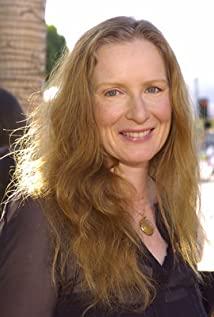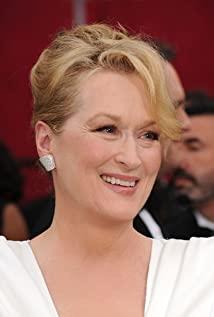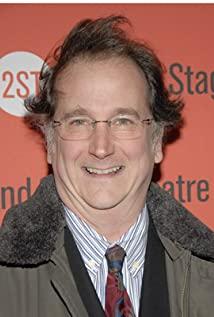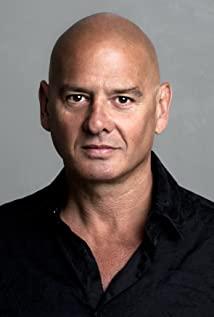Jill: The author, Isaac’s ex-wife, wrote a book to express the "truth" of her breaking up with Isaac. Although some of the descriptions of Isaac in the book are true, such as self-centeredness, it should be noted. Yes, she added fuel to this "truth", such as distorting the facts: the final 3P ending of Isaac and her and her same-sex lover. Even if she said to Isaac that it was "based on facts." This is harmful to Isaac. This also shows that she is self-interested, dishonest, and selfish-she has no morals and principles.
Tracy: The perfect embodiment of morality and principle, resisting secular dogma, dare to pursue love, even if she falls in love with Isaac who is 25 years older than herself, she dares to pursue love. In the end, Isaac discovered that she was the perfect incarnation of "morality and principle" in his heart. Isaac finally realized this in the end and wanted to chase her back, but she was not moved by it, it was great. Holders of "ethics and principles."
Yale: There is no morality and principle at all. The derailed man, the writer, had "reflection" halfway through, but in the end he derailed. He began to pretend to be "caring about everything" for Isaac, worrying that he would have a bad time in New York alone. In fact, this was just an excuse for him to escape Emily and want to have a baby with him. He is a faculty member of the Massachusetts Institute of Technology, but he has no "morality and principle", which makes people imagine that even in the treasure trove of world civilization and knowledge, there are "non-morality and non-principle". Is this ironic of MIT? ? what. Finally, he learned from Emily that he said that Isaac introduced Mary to her husband Yell, betrayed his friend Isaac, and deceived his wife.
Emily: The victim of "morality and principle", who is also unable to resist all of this, is Yale's wife. When Isaac complained to her that his husband had cheated, she said that nothing can be perfect, and marriage also needs a compromise. This shows that she has no basic principles in marriage, and even her husband's derailment can be regarded as an imperfect thing.
Mary: Around 38 years old. The female reporter from Philadelphia, with her own intellectual light, shines at any time and brightens everyone. Divorced, Yale's lover. Regarding her relationship with the married Yale, she thought it was unacceptable at first, because she could not fully own Yale. The direct reason for the breakup was that Yale could not accompany her at any time, which made her feel very wronged. In the middle, when Yell offered to move out to live with her, but she said that she didn't want to be someone who would destroy other people's families, but in the end she dumped Isaac and Yell and got better. Show her hypocrisy and selfishness.
Finally, Isaac reflected:...(The world is already full of "non-moral and non-principles")...What is the meaning of such a life? He said the last one: Tracy. That is the incarnation of the perfect "morality and principle" in his mind. The film finally tells us that although there are many "non-moral and non-principle" things in the world, such as hypocrisy, selfishness, self-centeredness, deceit, and dishonesty... But in the end, what Tracy said to Isaac through the incarnation of "morality and principle" We can learn from it: as long as we can live in principle, we can live in principle.
View more about Manhattan reviews











